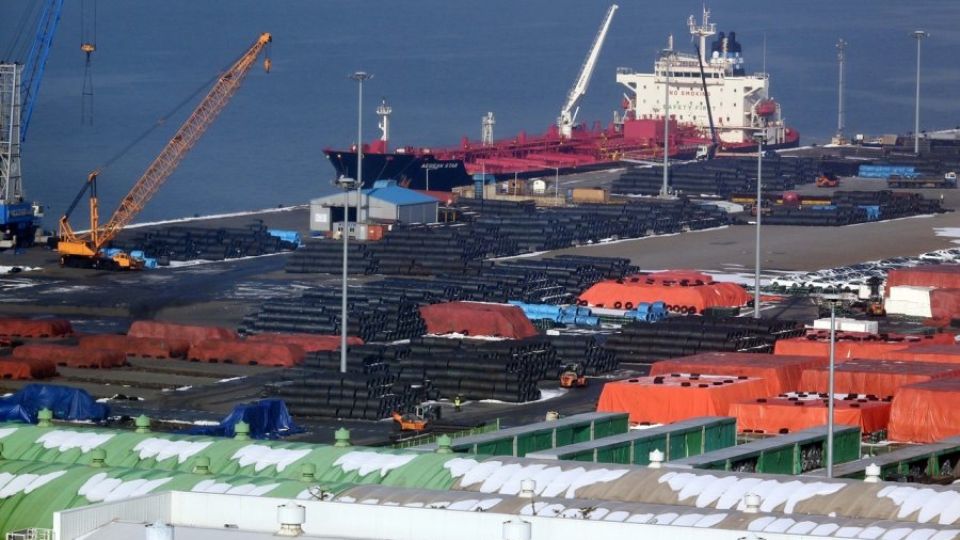February 12, 2025
SEOUL – US President Donald Trump’s latest threats to impose tariffs on key trading partners have fueled the “kimchi premium,” the price gap between cryptocurrency values in South Korea and international markets.
Earlier this month, when Trump announced plans to impose 10 percent tariffs on China and broad 25 percent tariffs on Canada and Mexico — which he later backtracked on — the price of bitcoin plunged on overseas exchanges. The market fluctuated heavily, reacting to expectations that higher tariffs would trigger inflation, prompting central banks to tighten monetary policies.
Despite fluctuations in the global decline, bitcoin remained in high demand in South Korea. As the bitcoin price was slower to decline here, the price gap between Korea’s top crypto exchange Upbit and US-based exchange Binance for bitcoin was pushed to nearly 10 percent on Feb. 3 — the largest gap in nearly 10 months.
Though the gap narrowed to 7 percent in the following days, suggesting a time lag in investor reactions between the US and Korea due to time zone differences, industry officials believe the discrepancy may reflect Korean investors’ efforts to hedge against trade war risks using cryptocurrency.
In recent months, the benchmark Kospi index has suffered sharp declines whenever Trump revives tariff threats, as export-dependent Korea would be likely to suffer from a heightened trade war. The Korean won has also weakened against the US dollar, further signaling concerns over an economic slowdown.
“With deposit interest rates falling and the local stock market slowing, some of the floating capital appears to have shifted into the crypto market,” said Kim Min-seung, head of research at Korbit, one of Korea’s top five cryptocurrency exchanges.
“We cannot rule out the possibility that cryptocurrency is gaining a stronger presence following Trump’s return to the White House,” he added.
Though the price gap eventually moderated to around 4 percent as of Tuesday, industry experts remain cautious, warning that the discrepancy is still at an alarming level.
“Considering that the premium remained around 1-2 percent in recent months — and even inverted to negative at times — a 4 percent gap cannot be overlooked,” an official from a local exchange noted.
The persistent price discrepancy in Korea’s crypto market is largely attributed to high demand in a closed market environment. On local cryptocurrency exchanges, only retail investors are allowed to trade, and derivatives, which aid in price discovery, remain off-limits.
Despite these regulatory barriers, Korean investors continue to show strong interest in cryptocurrency.
According to Financial Supervisory Service data released Tuesday, trading deposits at Korea’s top five crypto exchanges stood at 10.65 trillion won ($7.33 billion) as of last month — nearly doubling from 5.21 trillion won in January 2024.
“Given cryptocurrency’s relatively short history, it’s difficult to define an exact threshold for when a price gap becomes ‘concerning,’” Kim said.
“However, the key issue is that this price distortion stems from Korea’s closed market environment, which hinders efficient price discovery.”
As Trump’s trade policies continue to rattle global markets, Korea’s crypto trading premium could remain a reflection of broader economic uncertainties — and an ongoing challenge for investors navigating a restricted market.


